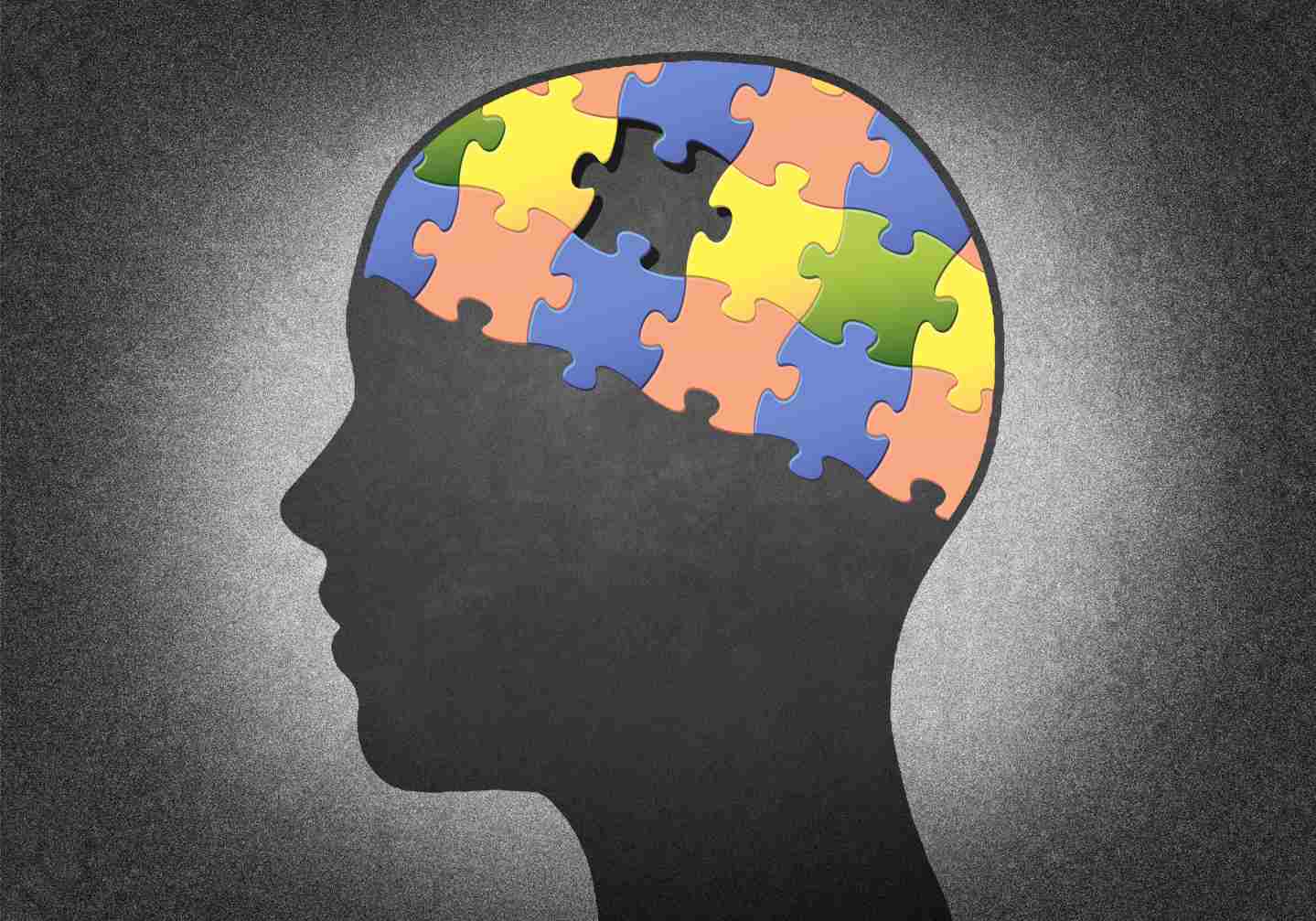
Dementia and Delirium, What Are Key Differences?
Delirium and dementia are serious conditions that bring about mental confusion. Both may profoundly alter someone’s ability to understand and interact with his or her surroundings. Having one or the other is often very disconcerting to a person and to loved ones. However, dementia and delirium are not synonymous.
Distinguishing one from the other is important because their causes, consequences, and key features for treatment are distinct. This article looks at the major differences between dementia and delirium to help you understand them both.
Difference 1: The duration and reversibility
The difference in length and reversibility between the two conditions is very important. Most dementias are considered to be chronic conditions that are lifelong and for which there is currently no cure. Alzheimer’s disease, the most common form of dementia, is one good example.
Conversely, delirium is not a chronic condition. Indeed, when someone’s confusion is due to delirium, the confusion itself will usually lessen and resolve completely in the days and weeks following diagnosis. Although there are exceptions, a person’s mental state will typically return to the state it was before delirium. Delirium is reversible and thus short-lived, contrary to dementia.
Difference 2: The onset and symptoms
Even if confusion is common to both dementia and delirium, specific symptoms are different. Dementias are diseases that develop slowly over a few years. In contrast, delirium appears acutely in a few hours or a few days at most. It’s often hard to pinpoint the precise moment where the confusion appeared in dementia, but for delirium it is oftentimes possible.
Also, it is worth knowing that the confusion in delirium will tend to vary more than it does in dementia. In delirium, a person can be much better or much worse over a single day or even over a few hours. These episodes are known as cognitive fluctuations. They can be present in dementia but they mostly occur over longer periods of time.
Difference 3: The causes and precipitating factors
Since dementia progresses slowly whereas delirium arises suddenly, it makes sense that their causes are different. The specific causes of dementia are yet to be fully identified. But for delirium, medical research has identified the following risk factors: visual and hearing impairment, a high burden of medical conditions, dehydration… and dementia. Yes, having dementia increases the risk of developing a delirium episode on top of it.
With or without dementia, delirium occurs only when there are precipitating factors. These include any events that cause a significant level of strain: infections, falls, surgery, hospitalization, or medication errors for example. These specific factors can precipitate delirium, but not dementia because mechanisms that cause dementia unfold over many years.
Difference 4: The treatment strategies
Treatments for delirium and dementia are not the same. For dementia, the goal is to delay the gradual decline of brain function and its impact on daily activities. Even though some pills are used for dementia, none can reverse the disease.
With delirium, it is possible to completely reverse the confusion state. Some medications are occasionally use for brief periods. However, the mainstay of treatment is to find and correct the factors that precipitated the delirium. Once the precipitating source eliminated, the brain will recover on its own and the confusion will subside.
Key message
Delirium and dementias are two conditions with important consequences on brain function. But their duration, symptoms, causes, and treatments differ widely. In practice, this means that if your loved one has one of the other, the short and long term effects will also differ widely. If someone reports that the person you care for is “confused,” it’s critical that you clarify whether it’s dementia or delirium they’re talking about. It will help you know what to expect.
Just as delirium and dementia are, Alzheimer’s and dementia are often mixed up. To know the key differences, read our article on Dementia vs Alzheimer’s.











